In one of my classes this week, we were having a discussion about physical and sexual violence against women. It was strange to witness because there was a somewhat ambivalent response to how we could control or reduce this. Are women to blame, do they call it upon themselves? Or are men completely at fault? We spoke about various scenarios and possible solutions, but given the magnitude and sensitivity of the situation, we could not reach and reasonable conclusion. I read an article that greatly disturbed me. It was based in a statement made by a rape offender, who placed the bulk of the blame on the victim. He stated that the female encouraged him; through flirting and other gestures. This tendency to blame the victim is almost always frustrating, but seems ludicrous in this case. No female asks to be raped, but by saying this it diminishes responsibility from the male, and women are left vulnerable.
This made me wonder why blaming women has become so easy, I feel the media plays a strong role in it. The way that women are now portrayed not only sexually objectifies them, but often makes them seem sexually initiating. By this I mean that these previous objects are now given a voice through which they can also verbally express their sexuality. Songs such as Maria Carey’s; Touch My Body, and Amerie’s, touch are examples of this in the music industry.
Amerie Touch Lyrics:
Verse 1]
He's lookin' like he can't believe this
Always in my jeans
And bet he don't know what I'm thinkin' (I wanna take him home with me)
This here's gonna be my weekend
I don't think he knows that I see him
His body gots me weak (and I can't wait to see)
[Hook]
What I really want is for him to do to me what he wants to (oh)
He would want to, yeah (oh)
He can come inside my mind
If he tried but he don't know how I want to (oh)
Baby, don't you know what you get from me
[chorus]
Don't be afraid to touch
I know you think I'm a good girl
Don't you think a girl like me can be (touched)
Don't be afraid to touch
I know you think I'm a good girl
Don't you think a girl like me should be (touched)
These lyrics demonstrate how the voices women gain the media often complicate their positions further. It plays into male fantasies that are created in their own music, and serve as a way to legitimize them. This female voice is substituted for one that males normally create for them. This can be seen in Usher’s new single; Lets Make Love In This Club;
You say you searching for somebody
That'll take you out and do you right
Well come here baby and let daddy show you what it feel like
You know all you gotta do is tell me what you sippin' on (sippin on sippin on) (ey)
And I promise that I’m gonna keep it comin’ all night long
(hook)
Lookin’ in your eyes while you on the other side
I cant take it no more baby im comin for you
You keep doin’ it on purpose whindin and workin’ it
If we close our eyes it could be just me and you
The lines ;“ I cant take it no more baby im comin for you
You keep doin’ it on purpose whindin and workin’ it ,“ are particularly demonstrative of this point. Saying that he can’t take it anymore, and then suggesting that she is doing it purposely to attract him, makes the female accountable. Her enchanting nature seduces the male. Therefore it is not his fault, because she has initiated the scenario. Lyrics such as Amerie’s provide a female perspective that supports and legitimizes what has been created by male artists.
This raises questions as to just who is writing these songs, and whether or not they are aware of the consequence. Mariah Carey said that she did not want to make the song Touch My Body, but that is what the industry often requires. This suggests that she was pressured by the record label. Record label executives are almost always men, as are music producers, and I would assume writers also. Thus while women are being given greater access into the industry, they do not have complete control over creativity. And what is worse is that they could well be being used by males to serve their own purposes.
I am not saying that music or other forms of media are responsible for physical or sexual crimes against women, however I do feel that help create a discourse that leaves women vulnerable. In such cases women are shown as initiators, therefore making it easier to place blame on them.
Subscribe to:
Post Comments (Atom)


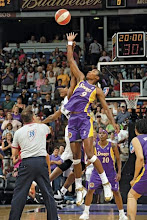


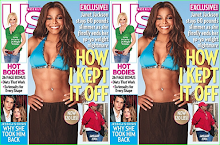


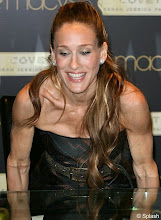



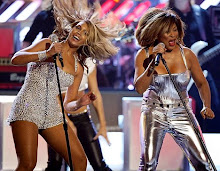
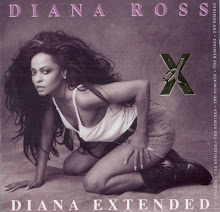






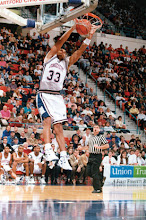
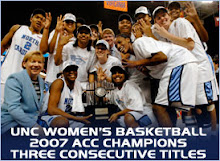



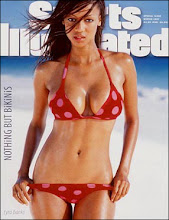
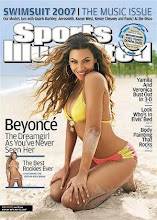
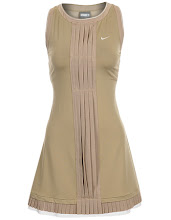



No comments:
Post a Comment